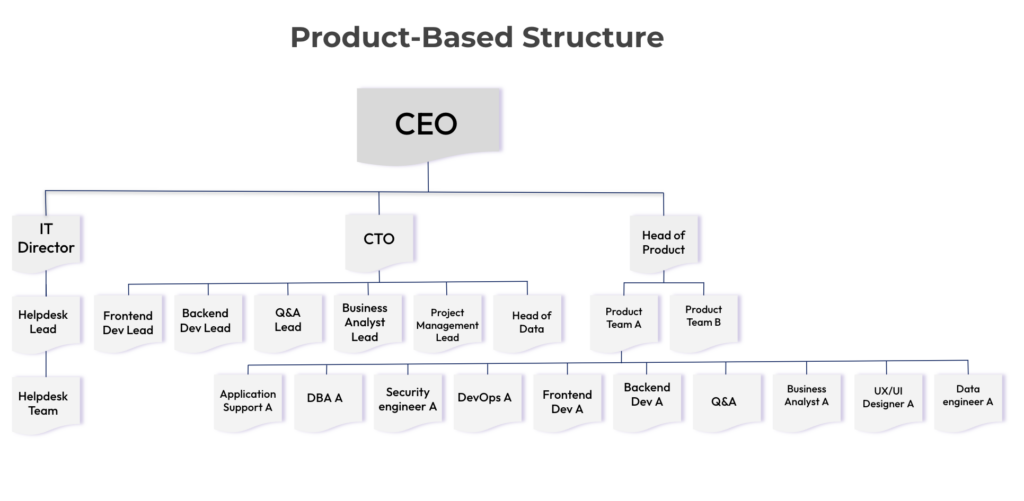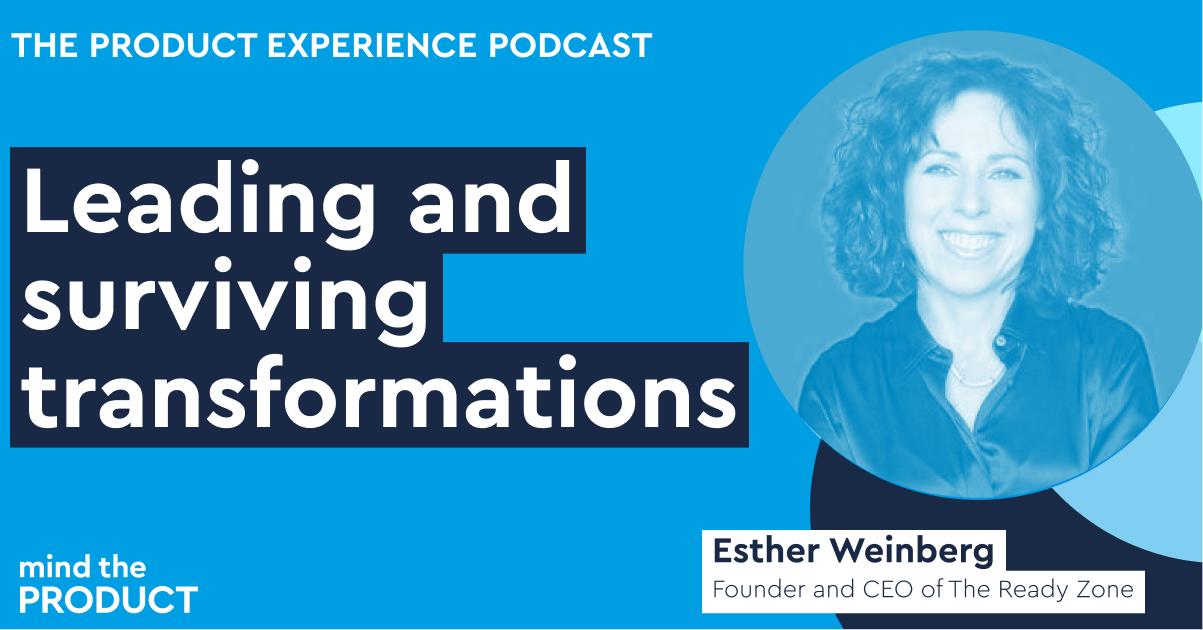How has the Covid-19 pandemic impacted product managers who work in the e-commerce sector? Diogo Pinho Product Team Manager for SIBS shares his insights in this guest post.
The Covid-19 pandemic has accelerated the growth of the e-commerce industry, which has been growing steadily over the past few years. Online shopping has become the norm as physical stores have closed and customers have been forced to shop from home. The pandemic has also had a significant impact on the e-commerce industry due to significant shifts in consumer behavior. We will examine the shifts in consumer behavior, the difficulties that e-commerce businesses face, the opportunities that have emerged, and strategies for success in the post-COVID e-commerce landscape in this article.
Changes in consumer behavior
The COVID-19 pandemic has made it much more common to shop online. Customers have been forced to purchase goods and services online due to social distancing measures and the closure of physical stores. As a result, demand for online shopping has grown, putting pressure on e-commerce companies to keep up.
This new behavior had a strong impact on the way I approach product management, decision making (either trade offs or roadmap prioritization), and technical debt. The PEST analysis weight is now bigger and the KPIs needed major adjustments.
There has been a shift toward contactless delivery and payment options as well as a rise in online shopping. Contactless payment options like Apple Pay and Google Wallet have grown in popularity as consumers have become more wary of handling cash and touching surfaces. Customers prefer curbside pickup or delivery to a secure location over having their items left at their front door, which has led to an increase in the popularity of contactless delivery options.
Purchasing patterns and product categories have also changed as a result of the pandemic. Home office furniture and equipment are in high demand as more and more people work from home. As people look for ways to stay active at home, there has also been a significant increase in demand for outdoor equipment and home workout equipment. On the other hand, there has been a decrease in demand for products and services that are related to travel.
Challenges for e-commerce businesses
The Covid-19 pandemic has posed numerous obstacles for e-commerce businesses. Supply chain disruptions have been a major obstacle. E-commerce companies have had a hard time getting the products they need to keep up with demand because factories have closed and transportation has been disrupted.
Modifications in fulfillment and logistics have presented another obstacle. E-commerce businesses have had to adjust to the increased demand for delivery and pickup options as a result of the increase in online shoppers. This has resulted in delivery delays and longer times because logistics and fulfillment companies have been under pressure to keep up.
It has been difficult for e-commerce businesses to keep up with rising demand. E-commerce businesses have had to increase their inventory and staffing levels to keep up with the rise in online shoppers. This has strained their resources and made it difficult for small and medium-sized businesses, especially, to keep up with demand.
Opportunities for e-commerce businesses
The Covid-19 pandemic has created a number of opportunities as well as a number of challenges for e-commerce businesses. Expansion into new markets is a significant opportunity. With more people shopping online, E-commerce businesses have the chance to reach previously untapped customers.
The growing use of technology is another opportunity. E-commerce businesses have the opportunity to invest in technology that can enhance their online customer experience as a result of the rising number of online shoppers. Chatbots, personalized recommendations, and virtual try-on technology are all examples of this.
Last but not least, the Covid-19 pandemic has provided an opening for the creation of novel business models. E-commerce businesses have the opportunity to develop novel business models that are better able to meet their needs.
The paradigm shift in product
On the product side of things, we need to react quickly and adapt the way we think product as a whole because applying the same principles and strategy that we used before Covid-19 can hurt the business in a decisive and permanent way.
By staying current with industry trends and developments, regularly monitoring their competitors, gathering customer feedback and data, and continuously reviewing and adjusting their product and marketing strategies, product managers can adapt to changes in e-commerce. By experimenting with new technologies and emerging trends, such as personalized recommendations and augmented reality, we can stay ahead of the curve. Moreover, we can leverage the insights and data provided by e-commerce platforms to make informed decisions.
E-commerce changes can affect a wide range of individuals in the product community, including product managers, developers, marketers, designers, and executives. The specific impact on each group will depend on the nature of the changes, but some common effects include the need to update product offerings, revamp marketing strategies, adopt new technologies, and collaborate more closely with cross-functional teams. In the end, the success of a product in the e-commerce space will depend on the ability of the entire product community to respond effectively to changes.
Due to its role in the buying and selling of products online, e-commerce changes will mostly affect the product community. The e-commerce landscape influences the way products are marketed, developed, designed, and sold. As a result of new technologies and changing consumer behavior, product managers may need to revise their product roadmaps, marketers may need to develop new campaigns, and developers may need to implement new features. The fast pace of change in e-commerce also means that product teams must stay agile and adapt quickly to stay ahead of the competition. Failure to respond to changes in e-commerce can result in decreased sales and market share, so it is important for the product community to be proactive and continuously innovate.
By staying informed and proactive in their approach, product managers can benefit by:
- Improving their product offerings: By staying up-to-date on industry trends and customer needs, product managers can continuously improve their product offerings to better meet the needs of their target audience.
- Staying ahead of the competition: By being proactive and adapting quickly to changes in the e-commerce space, product managers can maintain a competitive edge and increase market share.
- Increasing revenue: By effectively responding to changes in e-commerce and continuously innovating, product managers can drive increased sales and revenue.
Overall, staying informed and proactive in the face of e-commerce changes can benefit product managers by helping them stay ahead of the curve, improve their product offerings, and drive business growth by address the opportunity in an effective and adjustable way.
Product management during Covid-19
As a product manager, I aim to be more proactive than reactive but due to the unknown and constant change, I had to adapt. As mentioned throughout this piece, being able to adapt and react quickly to the new demands of the market without precipitation or rush. It is also our duty as product managers to find some reasoning and logic in the middle of chaos.
It was also a challenge to pursue and create opportunities in such difficult circumstances but it was also a great test for us all either personally and professionally.
There are many stories of businesses that were forced to reinvent themselves to carry on. The large majority of them, had to turn to the online world as a new and only channel of sales. Helping cornershops making this, difficult and once unthinkable, step was as challenging as it was rewarding. It was so much more than “new” business, new clients or new product opportunities. It was about changing lives and changing ourselves.







